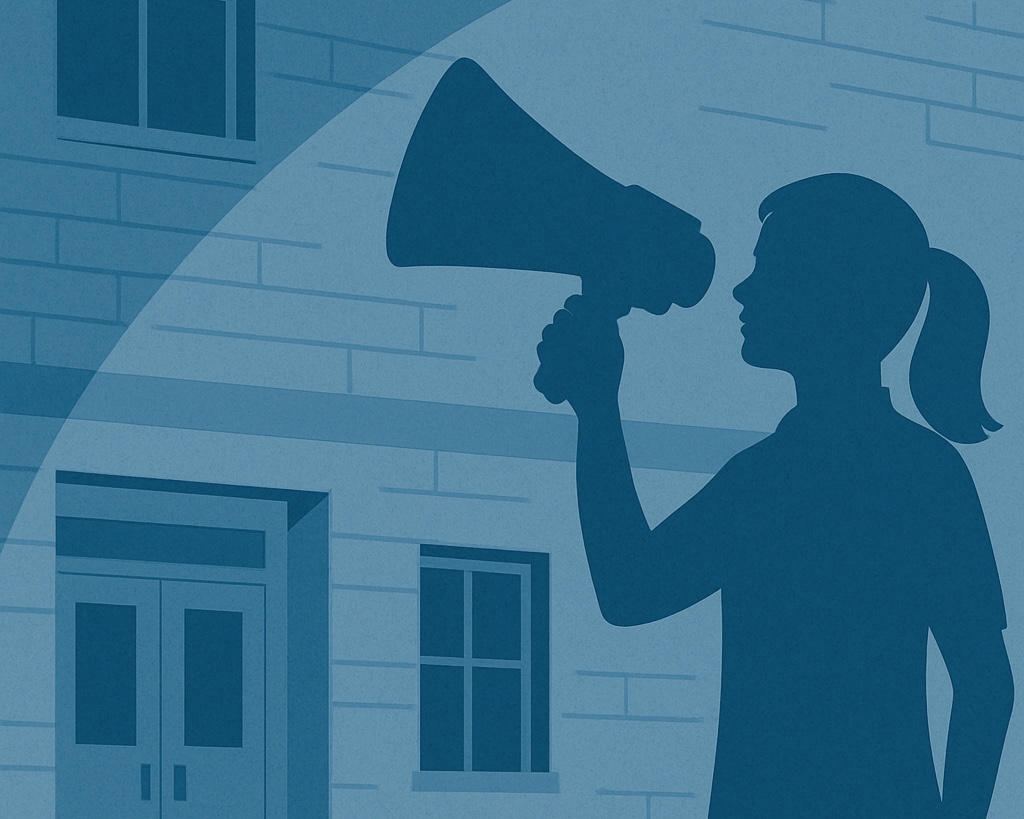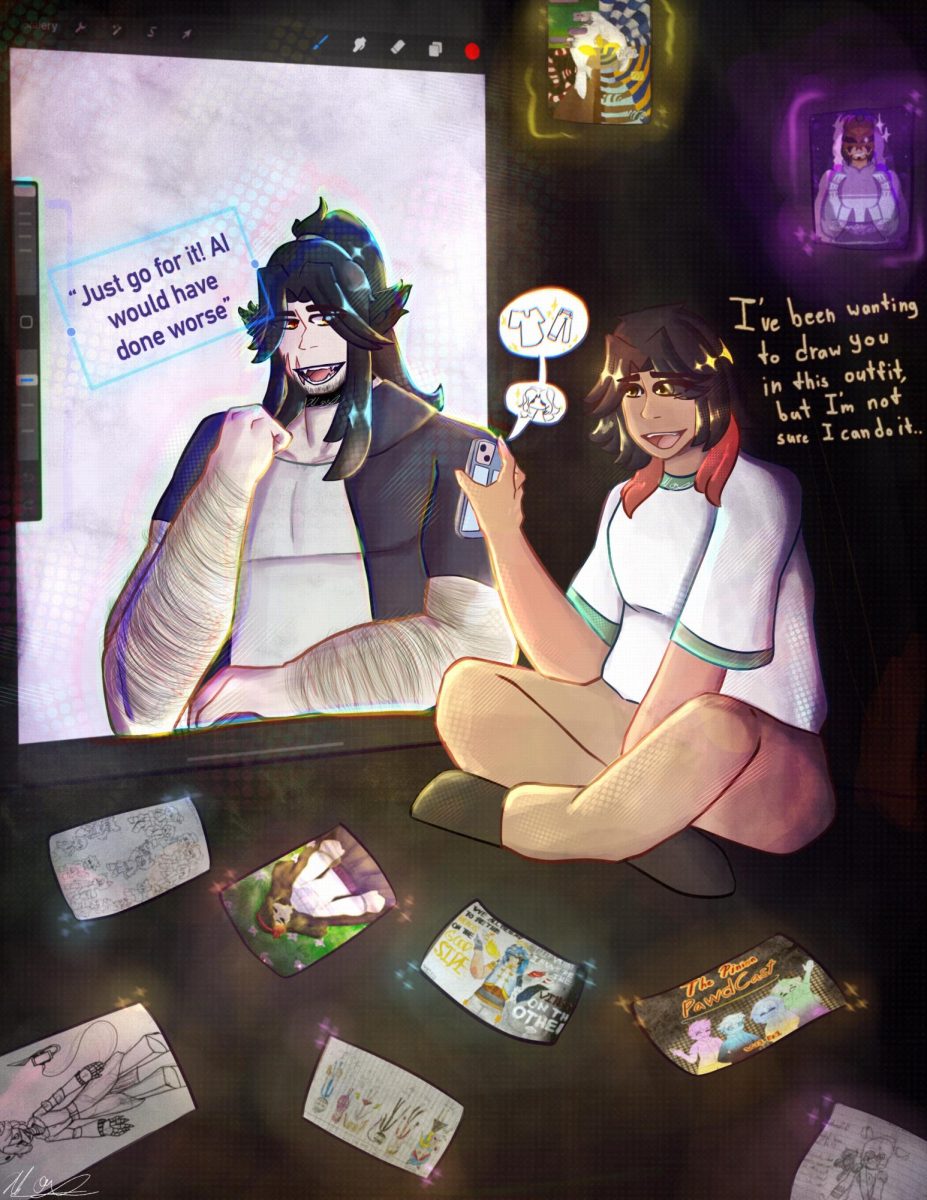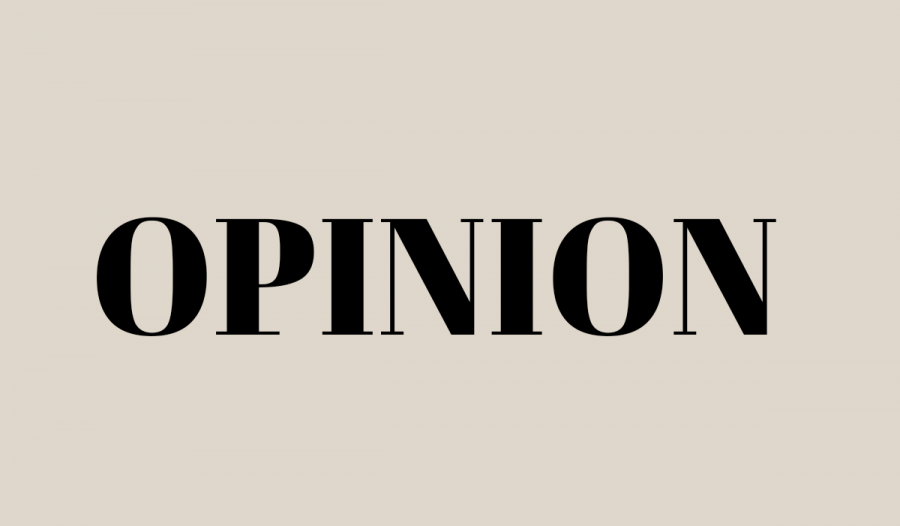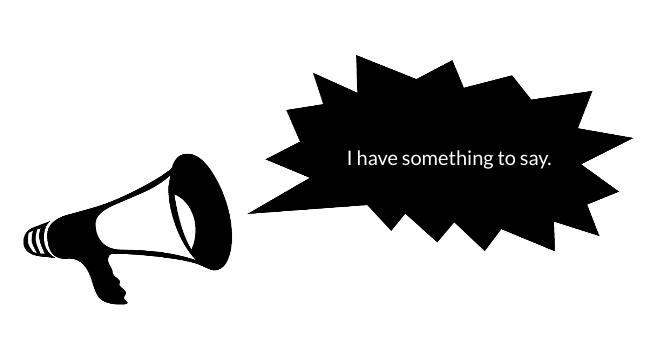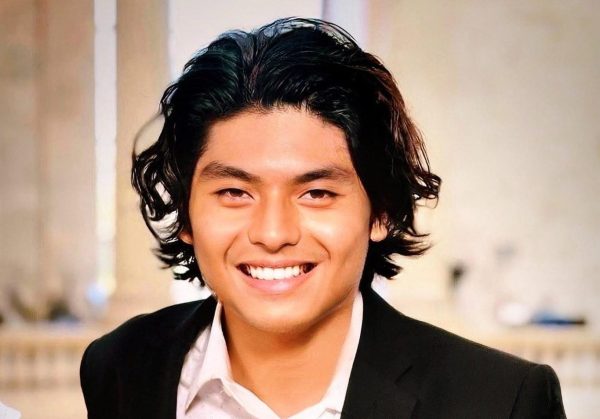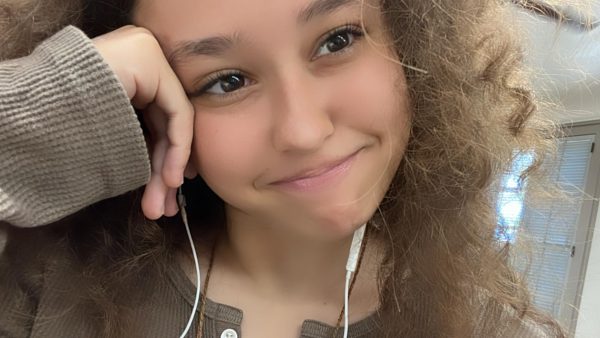Sexual assault in school communities tests more than just institutional policies; it challenges the integrity of leadership, the discipline of students, and a community’s commitment to truth over rumor. At McKinley High School, where an investigation is still ongoing, official silence has created a vacuum. In the absence of verified information, students have filled that space with speculation, hearsay, and falsehoods—obscuring the facts and creating a distorted narrative that compounds the harm already done.
On March 31, Cal Muramaru, a long-term substitute teacher, was arrested on campus after school hours. The arrest came three days after an initial report was filed on March 28. The Pinion confirmed with the Honolulu Police Department that Muramaru, who had no prior accusations, faces five counts of fourth-degree sexual assault.
Few events disrupt a school community as deeply as allegations of sexual assault. Schools should be places where students feel safe, supported, and free to learn without fear. When that trust is broken—whether by the act itself or by the rumors that spread afterward—the consequences reach far beyond any single classroom. It becomes a shared responsibility among students, educators, and families to demand transparency, approach the situation with care, and work together to heal the fractures left behind.
In the absence of clear information, speculation spread rapidly across campus. Muramaru was familiar to many students and well-liked, making his sudden absence all the more conspicuous. Without official updates to fill the silence, students turned to social media threads, private group chats, and hushed conversations between classes. Screenshots of his arrest logs soon circulated widely, initially showing the charge as HRS §707-732 for third-degree sexual assault, fueling a swirl of unverified rumors—speculating how and why it happened. This fragmented and often irresponsible speculation did more than sow confusion—it intensified fear, undermined trust, and deepened the emotional toll on an already shaken community.
In the days following the arrest, official communication remained limited. On April 9, families received a mass email that neither named Muramaru nor directly acknowledged the arrest. Instead, it offered a vague reference to an ’employee misconduct allegation’ while reaffirming the school’s commitment to safety.
“What really bothers my mind is how fast information went out. It bothered me that [students] had the name of the victim,” Principal Ron Okamura said. “We have to protect the civil rights and due process of both the victim and the suspect.”
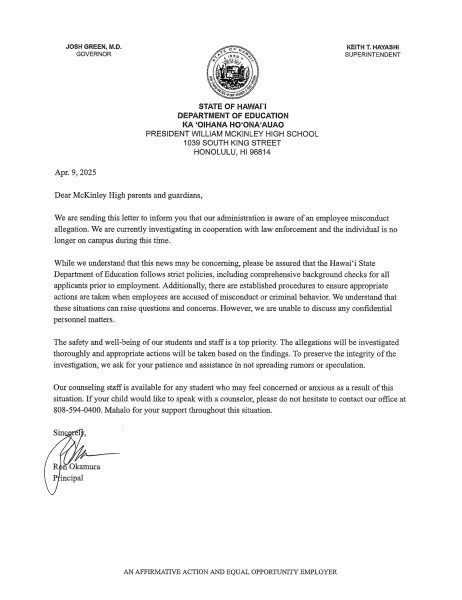
Several students interviewed by The Pinion, said the incident has made it harder for them to trust teachers and feel safe within the school community.
“I don’t really want to be close to my teachers that much anyway,” one female student who requested to remain anonymous said. “This situation really affected how I think about trusting a teacher. If I’m alone with a teacher, I don’t feel safe—especially male teachers.”
As the investigation continues, Okamura has confirmed that Muramaru has been banned from campus. Yet the school community remains caught between silence and confusion, still searching for clarity and accountability.
This rush to fill the void with speculation has real consequences. It complicates an already fraught emotional and legal landscape while risking the retraumatization of those directly involved. We do not write this to condemn students for seeking answers—the desire to understand, especially in such a serious and unsettling situation, is natural. But seeking understanding is fundamentally different from speculation. Unchecked speculation not only fails survivors; it actively silences them. It drowns out the possibility of genuine accountability beneath a flood of noise.
This tension between transparency and privacy, urgency and discretion, is not unique to McKinley High. Across the country, sexual assault cases in schools often navigate these same difficult waters. According to a 2023 report from the U.S. Department of Education’s Office for Civil Rights, more than 15,000 incidents of sexual violence were reported in public K–12 schools in a single year. Experts agree that countless more go unreported, hidden behind fear, shame, or distrust in the system.
Schools cannot begin to address what remains unnamed. And students cannot respond responsibly to what they do not fully understand. The pressing question, then, is how a community can create space for honesty while respecting the privacy and dignity of those most affected.
We must resist the urge to turn trauma into spectacle. This is not a true crime story or a drama unfolding for entertainment. These are real people—teachers, classmates, friends—whose lives will be forever shaped by what happened and by how the community chooses to respond.
We must examine the structures that allowed this situation to arise. Many students have raised questions about the school’s hiring and oversight practices. Muramaru, a long-term substitute teaching math, English, and special education classes, was subject to the school’s policies. According to Principal Okamura, all staff—including substitutes—undergo training on the teacher code of conduct, with violations carrying consequences ranging from disciplinary action to termination. Yet the broader concern remains: Are these safeguards sufficient? And are they enforced with the urgency this situation demands?
We must confront the role of silence—not just the silence of institutions constrained by legal and bureaucratic boundaries, but the silence between individuals. While the administration may have acted cautiously, the student body was not bound by such constraints. Yet too often, unverified information was amplified instead of calls for truth and support. That silence—the absence of accountability, of reflection, of simply asking, “How can I help?”—can be more deafening than any words.
This moment calls for more than grief or anger. It demands growth. More than reaction, it demands responsibility. As students, we hold immense power—in our voices, in our platforms, and in our choices. We can use that power to uplift, to correct misinformation, and to show care. Or we can use it to harm, even unintentionally.
We urge our peers to choose the former: to pause before sharing rumors for the sake of conversation, to consider the weight of their words, to prioritize truth over speed and dignity over drama. This is how we begin to restore trust—not just in our institutions, but in each other.
This situation is far from resolved. As new facts may emerge, our community will be tested again. But the actions we take now will define what kind of school McKinley becomes in the months ahead. Let us ensure it is one we can all be proud of.




